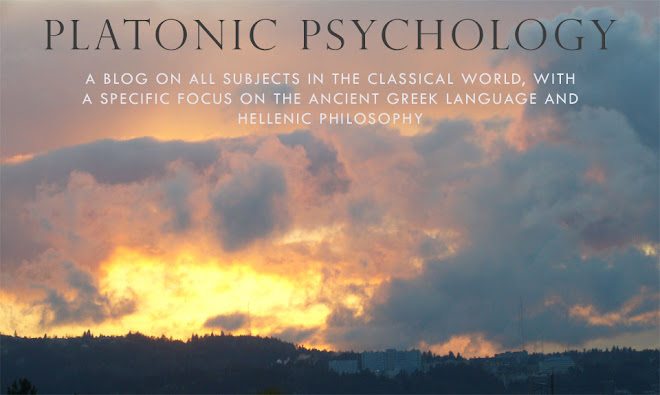I'm supposed to be working on an article about knowledge in the Meno and the Theaetetus right now, but instead I've been reading, flitting from one thing to another.
One of the things I found this morning was a post on the Homer Multitext about a group of undergraduates at Brown who were given a thus-undecoded set of notes in archaic shorthand by Roger Williams, founder of the colony of Rhode Island and the First Baptist Church. The students actually managed to not only decode it, but find that it contained a great deal of historically relevant information about the Baptist church. I think it's pretty awesome that they let undergraduates do the work, and it's wonderful that the digitization of old and ancient manuscripts allows a much wider range of individuals to work on primary sources.
One of the things I found this morning was a post on the Homer Multitext about a group of undergraduates at Brown who were given a thus-undecoded set of notes in archaic shorthand by Roger Williams, founder of the colony of Rhode Island and the First Baptist Church. The students actually managed to not only decode it, but find that it contained a great deal of historically relevant information about the Baptist church. I think it's pretty awesome that they let undergraduates do the work, and it's wonderful that the digitization of old and ancient manuscripts allows a much wider range of individuals to work on primary sources.





